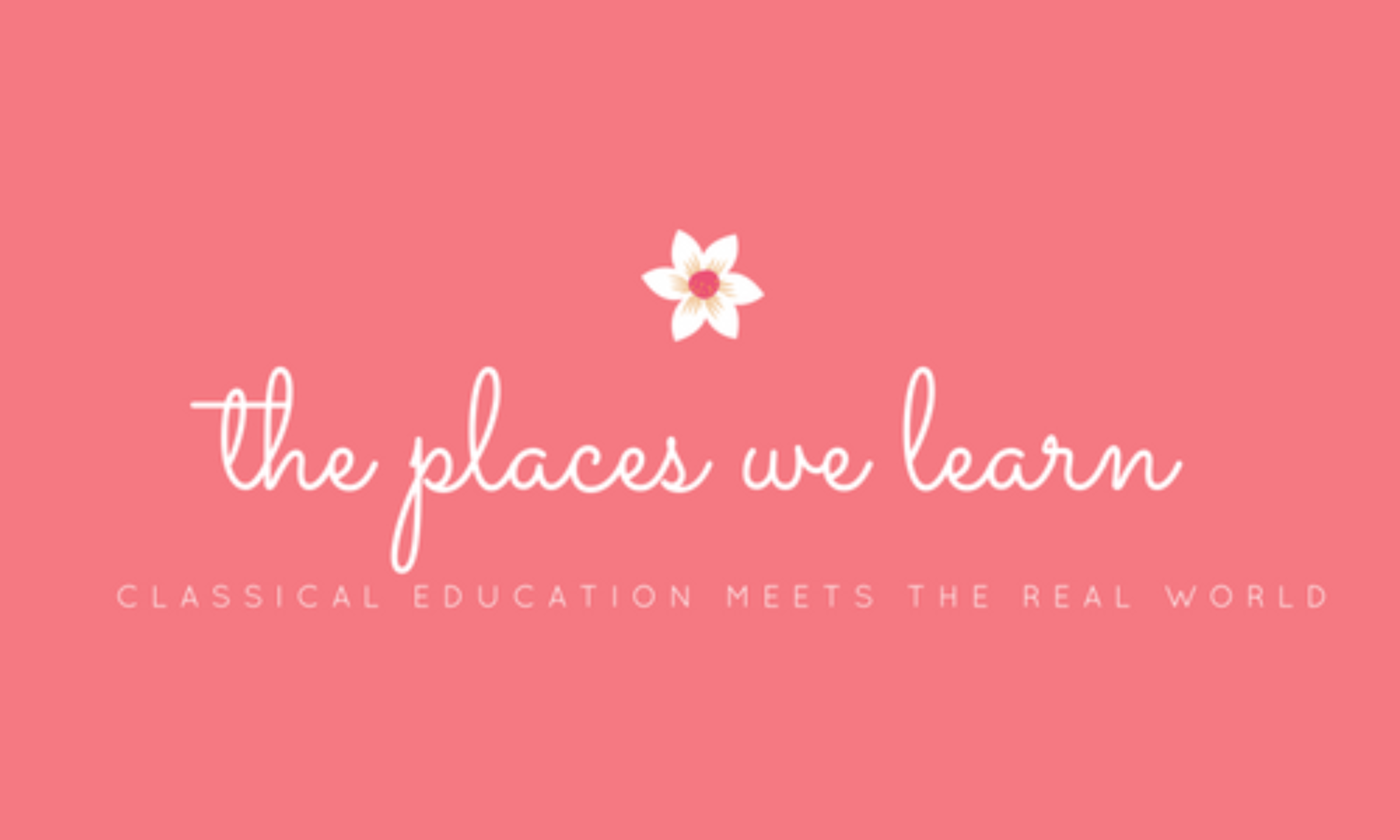As a Classical Conversations family, is Challenge A on the horizon for your family? Last year, we were facing the transition to Challenge after two years of Foundations and Essentials. I was also facing the transition to being the Challenge A director after being the Foundations/Essentials director AND the Essentials tutor. It was a huge change and there are many things I wish I had known a year ago to help me get started.
Over the past year, I completely fell in love with the Challenge program. It offers so much to the students and the parents. Sometimes I think I am learning more than my students. But I don’t think I was adequately prepared for it at the beginning, so here’s my advice for the next few months as you prepare yourself and your student for an amazing year in Challenge A!
- Do NOT work ahead. I realize that this probably sounds crazy. You’ve likely heard that the workload is so heavy that you should get your student started right away to get through it all. Don’t do that. Challenge A is all about building conversation skills by discussing the work they did at home that week. If your student is working weeks ahead, it is often hard to remember what the work looked like for the week they are discussing in class. In particular, reading the books for Expo/Comp ahead of time ends up really messing them up as they work through writing ANI charts for their essays. When they read a book six months ago, it’s incredibly hard to come up with details for the chart and it’s hard to participate in discussion in class as well.
- Work on map skills. If your kids have been in Classical Conversations for awhile, they are probably used to the idea of drawing maps. Continue that in preparation for Challenge A. I highly recommend the Draw The World series of books. In my Challenge A class, the two students who owned the entire series were drawing maps from memory that were on a completely different level than those who weren’t using it. It’s not required or even recommended by Classical Conversations but I think it’s a better resource than anything CC offers.

Final Exam in Cartography! - Review Latin memory work from Foundations every day, all summer long. There is absolutely nothing more useful in Challenge A than knowing the noun declension songs. I spent more time singing “us, i, o, um, o” to myself than I care to admit. Challenge A doesn’t get into verb tenses until closer to second semester but it’s still a good idea to review the verb conjugation songs. Particualrly, knowing “o, s, t, mus, tis, nt” will get them through a whole lot of the Latin verb exercises because regardless of the verb tense, that rule will still apply!
- Work through Getting Started With Latin. A lot of the vocabulary overlaps what is learned in the first weeks of Challenge A and it’s broken down into bite sized bits that are easy to digest. The kindle version is cheap! I just have it in the kindle app on my phone. We do it together as a family, I don’t send my student off to work on it alone.
- Start thinking about science fair a little bit. Science Buddies is a great site for gathering ideas for science fair. It’s too early to commit to anything–and for sure you should NOT start working on the project because the tutor will walk students through each step week by week. But it is perfectly fine to be thinking about what type of project interests your student.
- Break out those Essentials charts and review sentence structure, noun usage, and verb tenses. Not understanding those things can make learning how they work in Latin more difficult.
- Attend a Parent Practicum in your area. If you can’t attend all three days, attend the third day, which is typically when Challenge is discussed. The afternoon sessions tend to be more practical, hands on, useful information.
- Read the Challenge A guide from cover to cover. Your director should be contacting you in July to tell you that the guides have arrived (you don’t pay an extra fee for this, unlike the foundations guide. Your director simply orders however many are needed). I know reading the whole thing sounds tedious but if you do it, you will be armed with all kinds of useful information. There are articles on how to scale the work to your child’s abilities, what is expected in science fair, why CC chose the curriculum being used, etc. You probably do not have to read the weekly assignments, but DO read the overview of what the assignments are for each semester.
The beauty of Challenge A is that it is a year of growing up. By the end of this year, your students will be maturing towards independence and self-motivation to do their school work. Your students are building ownership of their own work. It’s a year of growing and stretching and it is a little bit painful–as the parent letting go and as the child having to take beginning steps into adulthood. While the process can be ugly and difficult, the end result is beautiful. I am looking back on this year of Challenge A and it makes we want to cry to think of how far all of the kids have come from the beginning to now.

